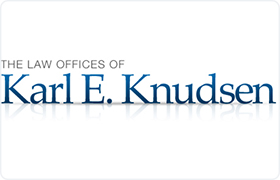 Zebulon Felony Lawyers, North Carolina
Zebulon Felony Lawyers, North Carolina
Sponsored Law Firm
-
 x
x

Click For More Info:
-
Law Offices of Karl E Knudsen
5 West Hargett Street Raleigh, NC 27601» view mapCriminal Defense Law Providing Caring And Quality Repesentation
Karl E. Knudsen, is an experienced trial lawyer who believe the legal system is for everyone, not just the government or big companies.
800-264-5310
Sponsored Lawyers
1-3 of 3 matches
Criminal, Felony, DUI-DWI, Misdemeanor
Faucette Law Firm attorneys have represented individuals charged with murder, death by motor vehicle, armed robbery, burglary, kidnapping, extortion, embezzlement, statutory and forcible rape, complex cyber crimes, drug trafficking and all lessor drug crimes, theft and property crimes, DWI and all lessor traffic matters. Let founding attorney Matt Faucette help you avoid a prosecution in your matter. The first thing we need to find out for you, however, is whether Mr. Faucette's brother, who has been an Assistant DA in Wake County for 20 years, is the prosecutor. If so, Mr. Faucette can still represent you, but he will need to get your informed consent on the issues related to representing a client against a family member. Secondly, Mr. Faucette's philosophy is to get your side of the story, as well as important information about you as a PERSON, not just as a name on a police report, in front of the prosecutor. Mr. Faucette's goal is to assist the prosecutor in seeing the facts of the case through your eyes, so there is a better chance at a favorable outcome like a dismissal of all charges.
(more)


 Karl Knudsen Raleigh, NC
Karl Knudsen Raleigh, NC AboutLaw Offices of Karl E Knudsen
AboutLaw Offices of Karl E Knudsen Practice AreasExpertise
Practice AreasExpertise

